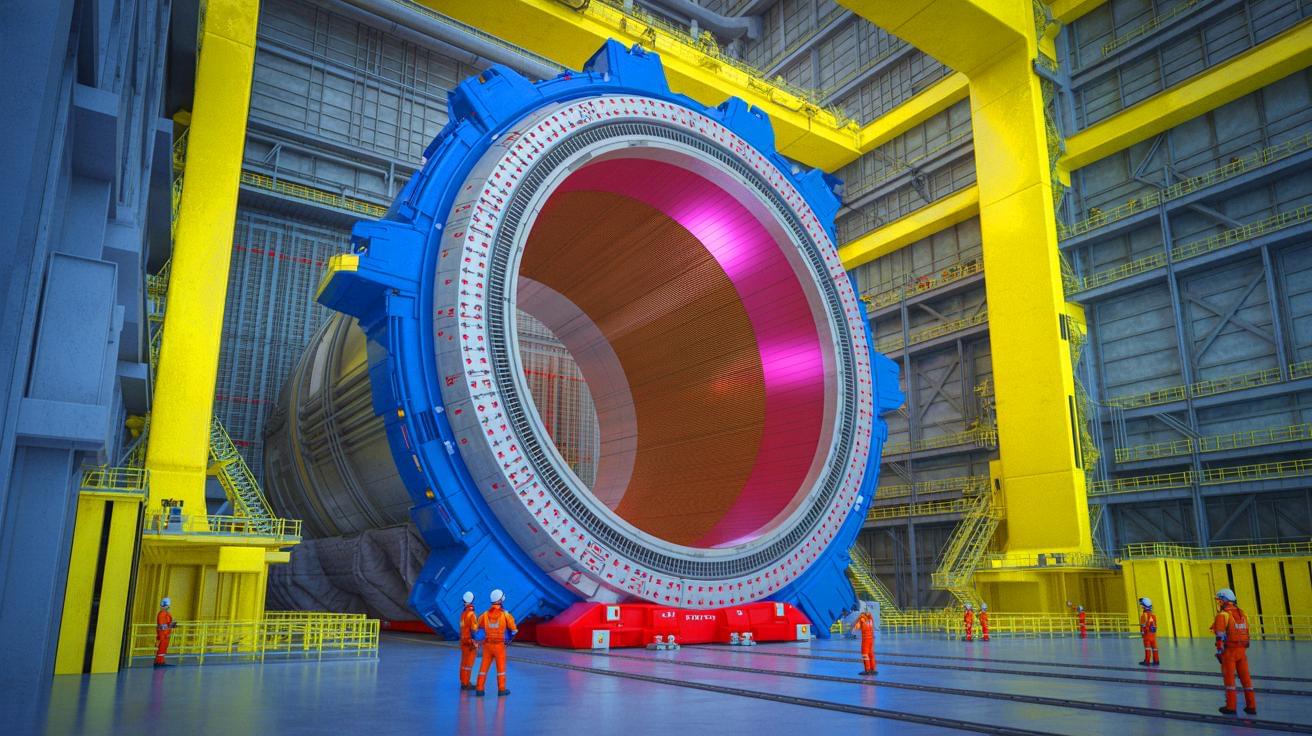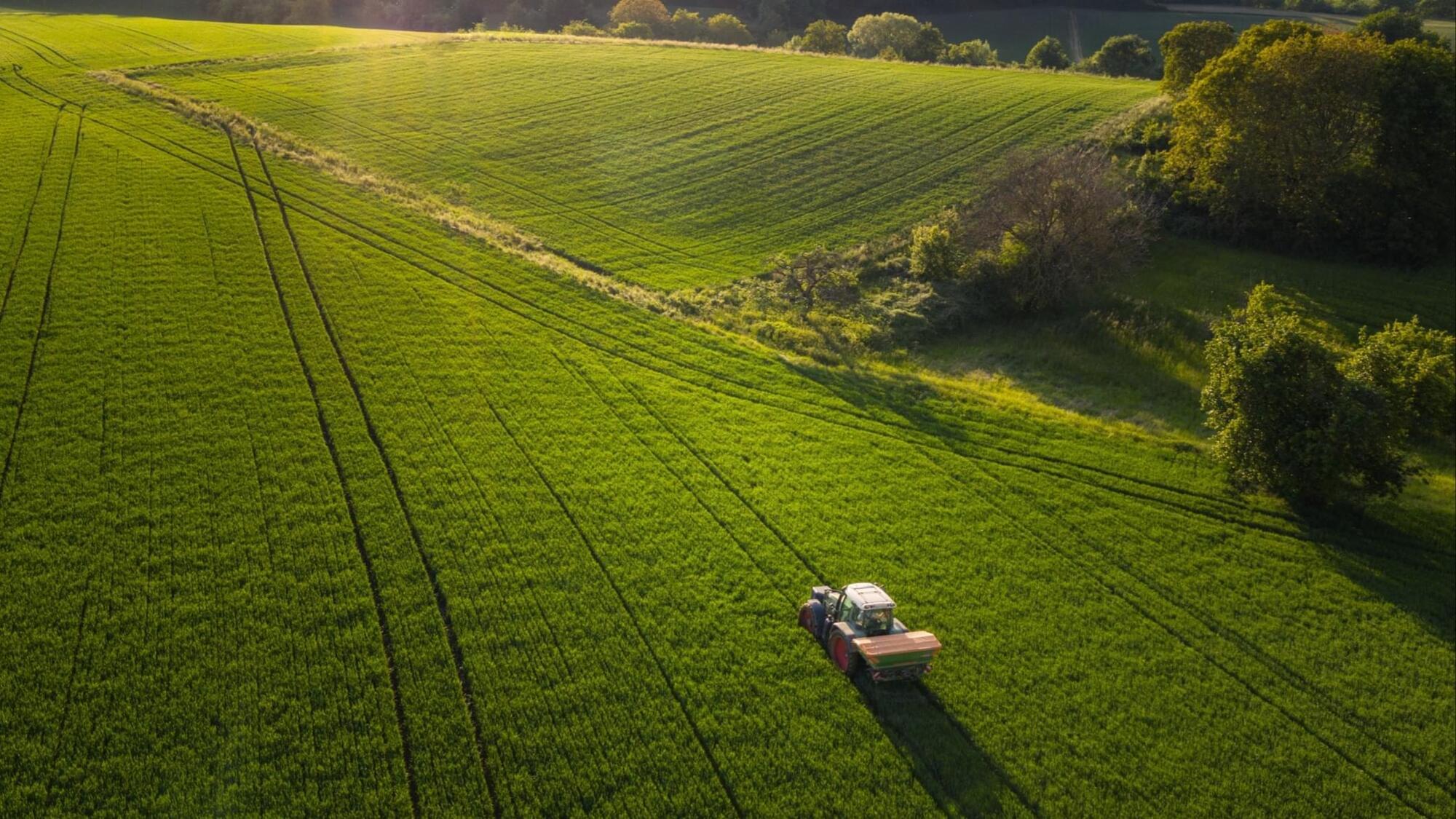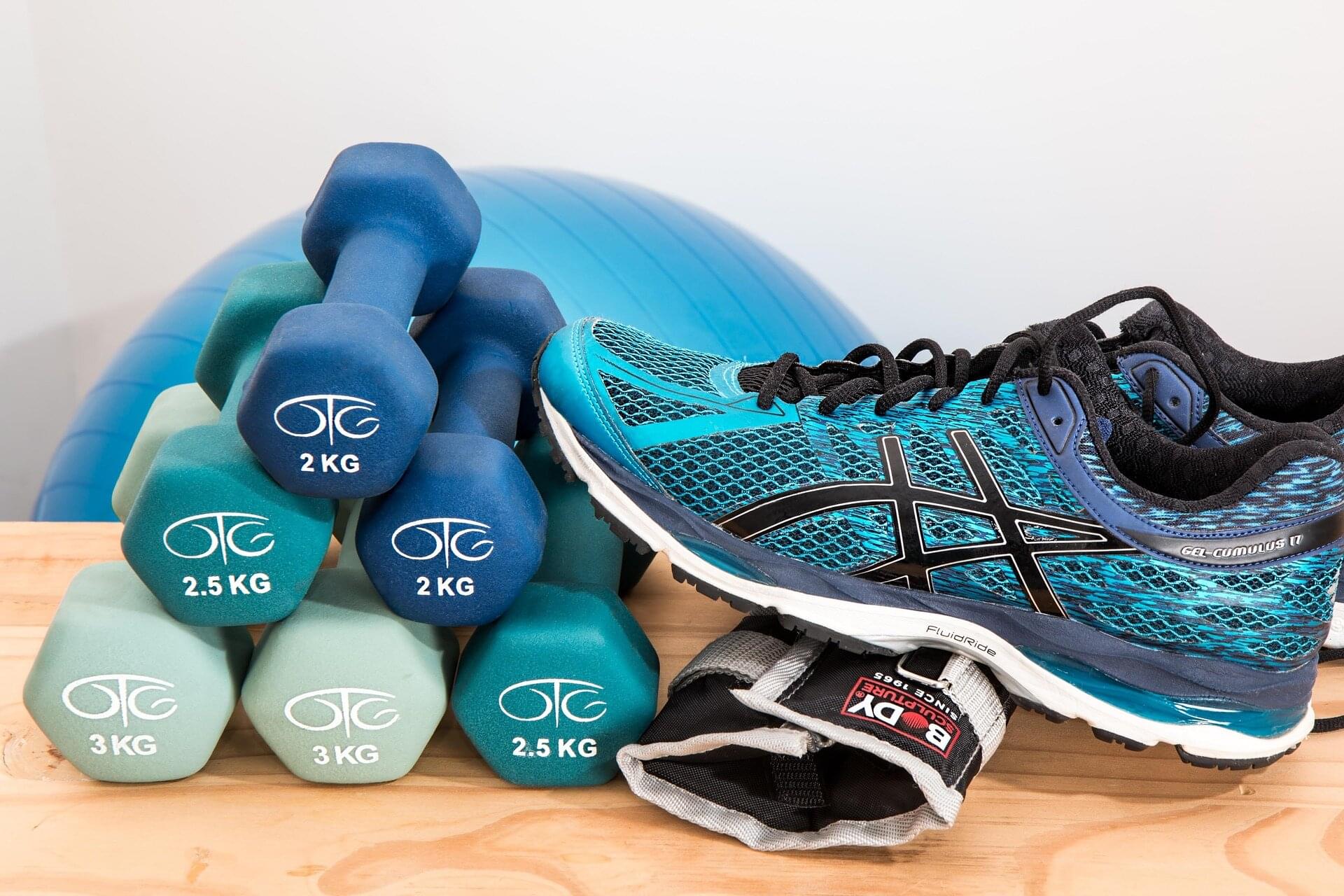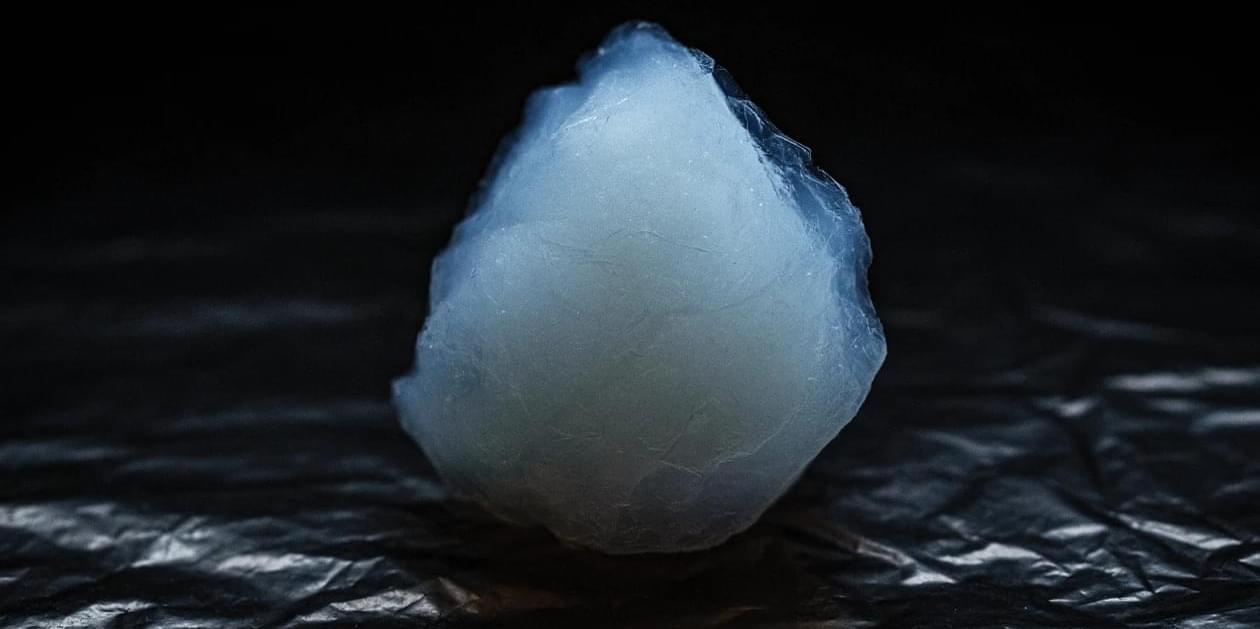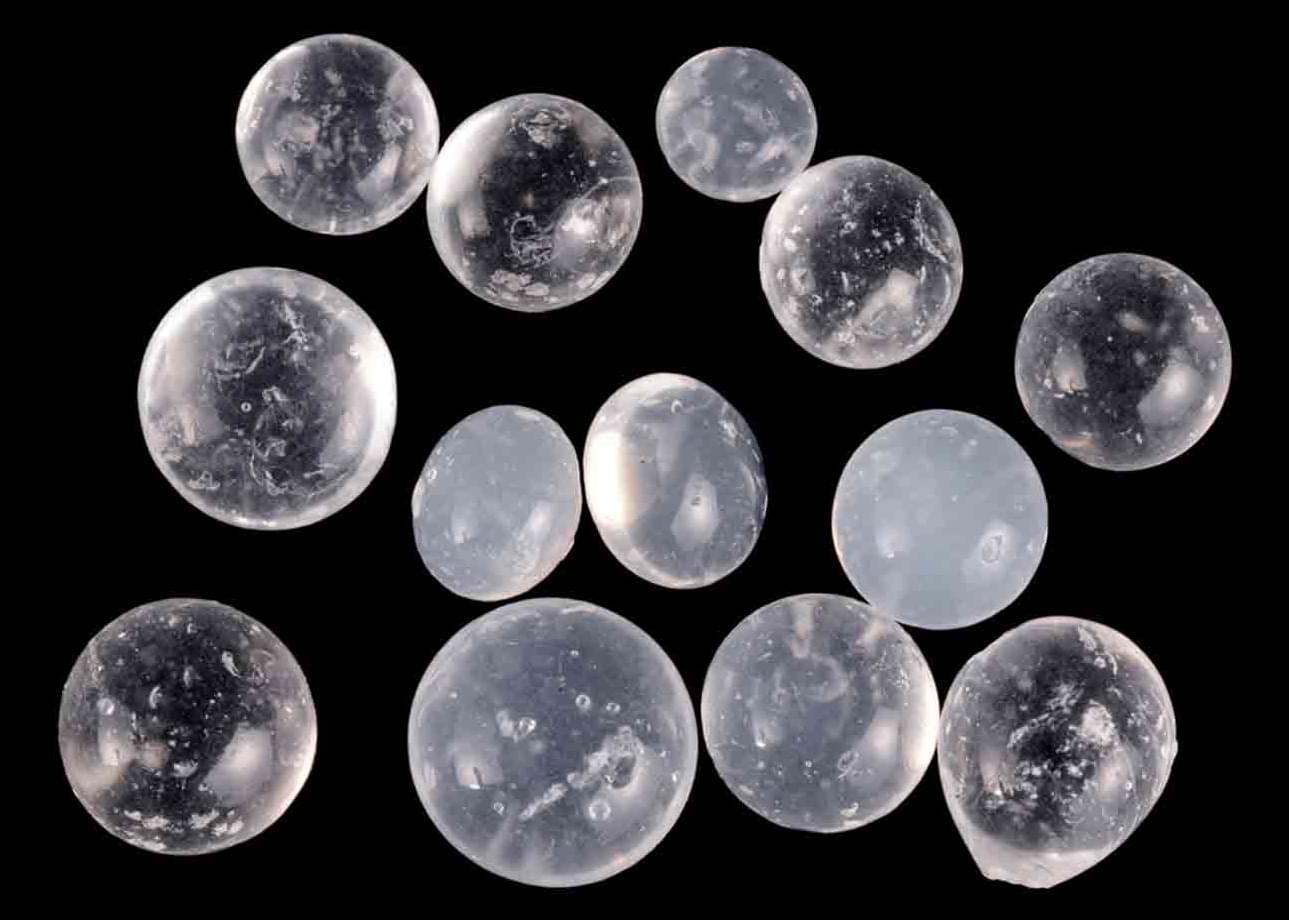Columbia University Medical Center-led research reports that home high-intensity aerobic training improved ataxia symptoms, fatigue, and aerobic fitness more than dose-matched home balance training in individuals with cerebellar ataxias.
Cerebellar ataxias are a group of different disorders marked by progressive loss of coordination that leads to disability. About 150,000 people in the US live with these conditions, with mean annual health care costs above $18,000 per person. Ongoing trials are searching for treatments that slow disease progression and improve functional abilities. Clinical practice guidelines advise balance training for cerebellar ataxia.
Previous work in ataxia has centered on balance-focused programs that can improve Scale for the Assessment and Rating of Ataxia (SARA) scores by 1.0 to 2.8 points when exercises are sufficiently challenging, a range that meets or exceeds the minimal clinically significant difference of 1.0 point.


